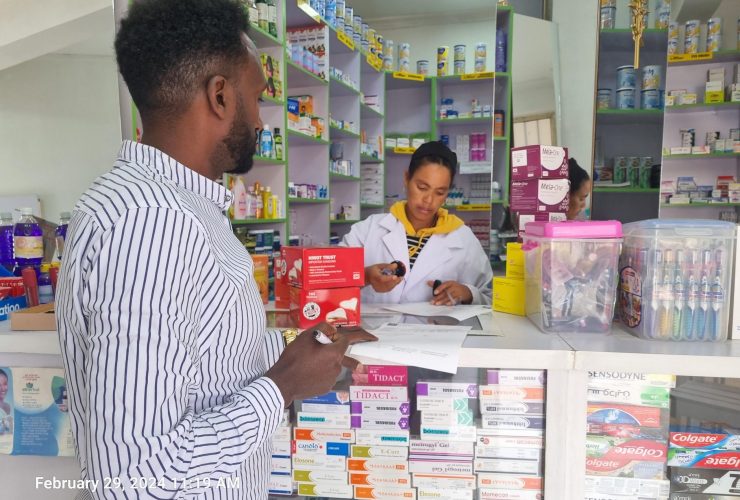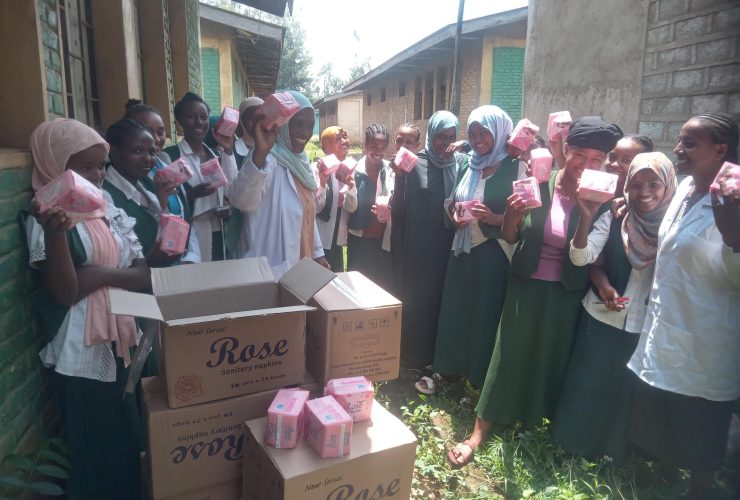Post-partum IUD (PPIUD) trial completed at Paulos; FMoH tender for 55,000 units
Fifth-year medical students at St Paul’s Hospital, Millennium Medical College (SPHMMC) recently helped test the Pregna PPIUD(TM) against traditional, Kelly forceps-based intrauterine device (IUD) insertion.
The students, who had no prior experience with IUD insertion, successfully used the Pregna PPIUD 28/33 (84.8%) times compared to 22/33 (66.7%) times for Kelly forceps, though the results were not statistically significant. Students also rated the Pregna inserter as easier to use than Kelly forceps.
The study was a single-day pilot and testing was conducted on anatomical models.
Following the pilot, the FMoH held a public tender for 55,863 PPIUD devices.
According to Ajit Raje, Vice President of Pregna International, the PPIUD is already in use in a number of locations globally.
“We’ve already completed two clinical trials – a proof of concept trial followed by a full clinical trial.”
“Including India, the PPIUD has now been used in 18 countries and registration is under way in many more.”
“Pregna has supplied in excess of 110,000 units in international markets in addition to supplies made in India.”
“Encouragingly, there have been repeated orders which indicates customers are satisfied with the product.”
The post-partum period or period immediately following birth is an ideal time to place an IUD given that the woman and provider are both available in the same location at the same time and the woman is known to not be pregnant.
Additional benefits of the PPIUD are that the woman’s cervix is dilated, increasing the ease and accuracy of IUD placement. There is also no need to sterilize instruments, which can be a difficult task in rural areas without electricity and running water.
DKT Ethiopia currently markets the LongAct copper IUD. Registration has been completed for the Pregna PPIUD and is underway for a hormonal IUD.
DKT plans to supply the Pregna PPIUD on a pre-order basis.




